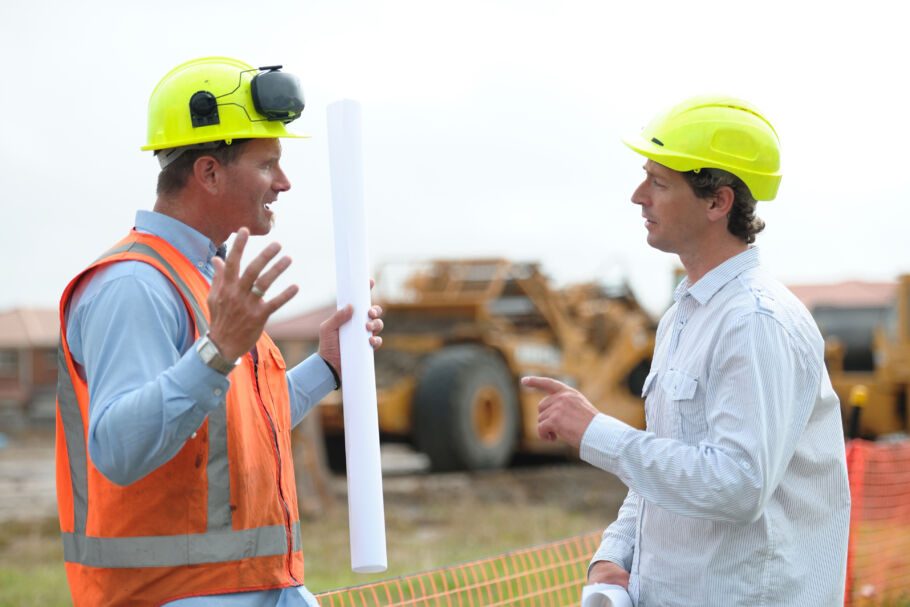Contributors: Colin Innes
Date published: 20 April 2008
“Culture Change” and Planning Reform in Scotland
Planning reform legislation has been in place for two years and, following a significant level of consultation, the implementation stage is now imminent.
A key part of the Scottish Government’s reform is to try and encourage what has been termed “A culture change within the planning system.” For some this has focused on the alleged under performance in the development control and plan-making functions of planning authorities. There has been significant criticism of the failings of the current system and its lack of focus on delivery. This is in part reflected by changes in structure, which seek to ensure that the new planning system provides such a focus.
Developers are also not immune from criticism. In many instances, major applications are not accompanied by the appropriate information and further information is only produced through extensive discussion, which means planning authorities have to consult consultees more than once. In these circumstances the development industry is perhaps guilty of causing some delay within the system.
Cultural change is often characterised by a change in actions and attitudes, but the right legislative and regulatory framework can assist in delivering some of the desired changes in culture. Some of the structural measures incorporated in the reforms will potentially act as a catalyst for change and help to promote a more positive culture within the planning process. For example, the provision of processing agreements for national and major developments may act as an example of best practice. It is hoped that by engaging early in the process, parties will gain a better understanding of the issues that are likely to arise during the application process. If processing agreements deliver benefits for major developments then both the planning authority and developers could apply these processes in smaller applications.
There are other changes in procedure that are likely to help change attitudes. Under the current system the requirement for a Section 75 Agreement often results in significant delay in the release of planning permission. The new procedures in Scotland will enable developers to offer unilateral undertakings for the first time. Such measures have been in place in England for some time and offer a relatively swift process for dealing with many planning contributions. Scottish planning authorities will have to give serious consideration to their demands, given that there is now a statutory process for applying to vary agreements and an appeal mechanism. The new measures provide an opportunity for parties to adopt innovative solutions to deliver planning obligations and this could speed up and lower the cost of decision-making.
The new structure will change the way planning “disputes” are resolved. The Scottish Government wants to see the speedier determination of appeals, call-ins and objections to development plans. The measures are likely to give more control to the Directorate of Planning and Environmental Appeals, and individual reporters will play a significant part in implementing the changes.
Parties engaged in these processes also have an important role to play and if parties are able to work together to narrow issues, agree evidence and focus on key issues then the reporter can focus on the substantive issues. We are increasingly seeing the use of hybrid proceedings where certain topics may be dealt with by a formal inquiry session and others by a hearing or written submissions.
It is third parties who are finding the new processes difficult to deal with. Written procedures are often completed before third parties have had the opportunity to understand the issues and the very early disclosure required for effective hearings is often problematic. Advice from organisations such as Planning Aid, who can assist with the participation of these parties, is important, and also a degree of flexibility is required from others participating in the process. The successful implementation of the changes will enable the dispute processes to become more effective. Perhaps the only caution is that it should not be at the expense of a proper opportunity to participate.
This is an exciting time for the planning system in Scotland and it is important that all those involved in the process consider how their practices need to adapt to the new challenges. The key theme arising out of the reform agenda is that the current system is not acceptable – new ways of resolving issues are needed. There will be some parties who seek to resist change, but it is unlikely that they are going to prosper under the new system. At the outset it was suggested that cultural change is an attempt to change attitudes. Part of that cultural change is adapting to new structures and this challenge has been set for all participants in the planning process.
Colin Innes is a partner specialising in planning law at UK law firm Shepherd and Wedderburn. 0131 473-5104
Contributors:
To find out more contact us here



















